
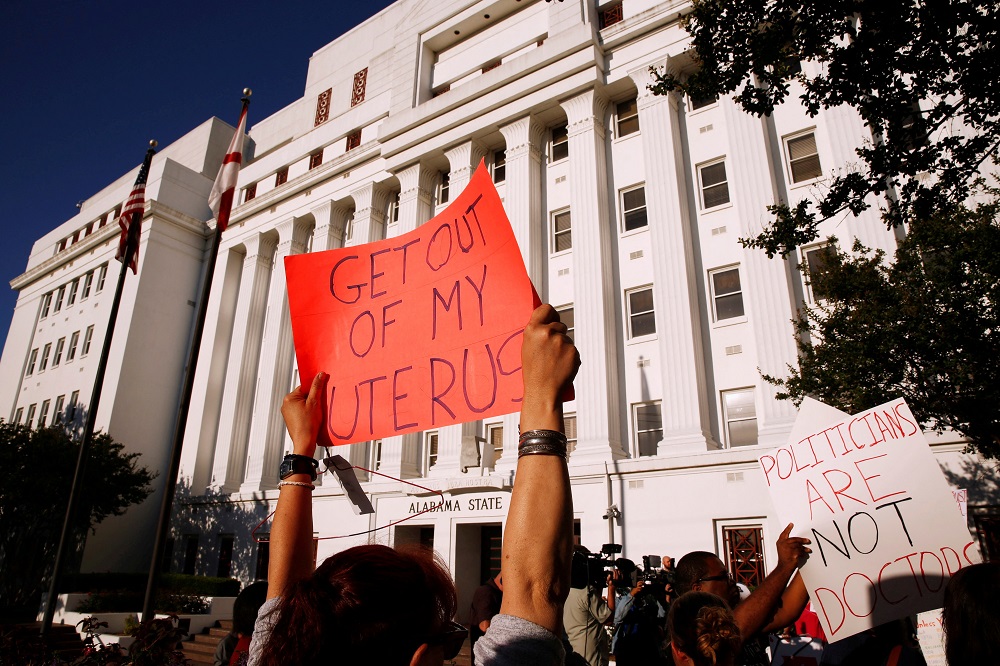
Speaking at the Eisenhower Executive Office Building on July 26, United States Vice President Kamala Harris focused on access for people with disabilities and the impact of the Dobbs decision (a landmark decision of the US Supreme Court in which the court held that the Constitution of the United States does not confer a right to abortion), particularly in relation to reproductive tights. Below is her address:
I am Kamala Harris. My pronouns are “she” and “her.” I am a woman sitting at the table wearing a blue suit.
And I’m very thankful to the leaders who are here today for joining us for this very important conversation that is on the topic, as much as anything, of justice and equality and freedom.
Today is also the anniversary of the signing of the Americans with Disabilities Act – 32 years ago today – which was passed and signed into law with the intention of enshrining in our laws the protections that rightly should be in place to ensure that all people in our country are treated equally and with dignity and respect, understanding that access to essential needs and to all that brings with it — freedom and liberty — is important. And we must be intentional in making sure that we do that.
HOW WILL DECISION IMPACT AMERICANS WITH DISABILITIES
So, we have convened knowing that the ADA was signed into law to protect the rights of Americans with disabilities. And with the recent Dobbs decision by the United States Supreme Court, I have particular concerns about how that decision will uniquely impact Americans with disabilities.
And so I’ve asked these leaders to come in so that we can discuss these issues and pay attention to the fact that the Dobbs decision and the act of the United States Supreme Court to take away a constitutional right, that had been recognised, from the people of America will impact a lot of people and differently in some situations. And we need to be responsive to these issues and also lift up the voices of all people who will be impacted and the way that they will be impacted.

So that’s why we are convened today. And I will add a couple of points in terms of the direct impact that we anticipate there will be from the Dobbs decision on people with disabilities.
So, we know that all people with disabilities, of course, in the United States should have full access to reproductive care and the reproductive care they need. But these abortion restrictions that are being put in place around our country by extremist so-called leaders in various states will have a disproportionate impact on people with disabilities.
HIGHER RATES OF PREGNANCY COMPLICATIONS
People with disabilities have higher rates of pregnancy complications, and, in fact, 11 times more likely to die before, during, and after childbirth. This is a fact.
We know that people with disabilities have more difficulty traveling to then receive the type of reproductive care that they need.
People with disabilities are more likely to experience poverty and mobility challenges. People with disabilities experience higher rates of sexual violence. And this is compounded by poverty and mobility issues when it comes to this subject, which is access to reproductive care, and so many other issues.
So I think of this conversation in the context of the larger conversation about the work we still have yet to do to ensure that there is equal access to resources and attention and priority.
So these statistics point out the direct impact of the Dobbs decision and the potential impact, but also speak to a larger issue, which is the disparities that still continue to exist in our country as it relates to access for people with disabilities in America.
So I think of this conversation in the context of the larger conversation about the work we still have yet to do to ensure that there is equal access to resources and attention and priority.
I also believe that this is an important conversation to have in furtherance of what we’ve been advocating for, which is the coalition building that must take place to strengthen the movement that we are in right now to fight for reproductive care for all people in our country.

And when it comes to these leaders, they are leaders, of course, on the rights of people with disabilities. But when we think of the intersection between this issue and so many others, I think there is a lot of work to continue to strengthen the coalition around these collective issues that impact all of us.
I will close my point by saying that we still have a lot of work to do in our country as it relates to fulfilling the promise of the ADA. When we look at the issue of access to reproductive care, it is but one example of many where the disparities still exist as it relates to people in our country who have disabilities and deserve to have equal access.
So, I look forward to this conversation. And again, I appreciate these leaders for convening at this moment to have this conversation. The voices here represent the voices of so many people who deserve to be seen and heard.
So with that, thank you all.

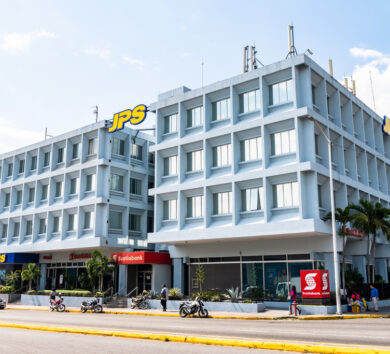
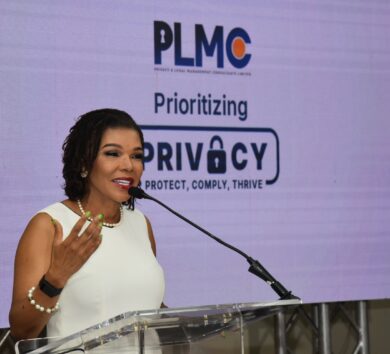
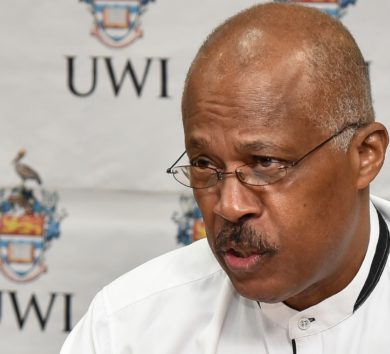
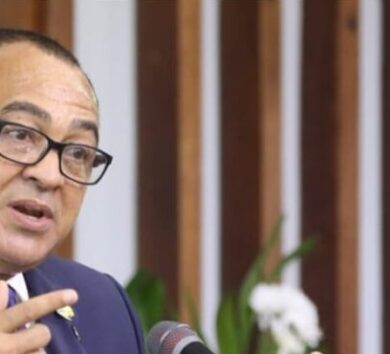

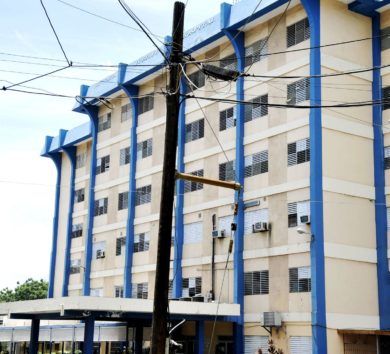
Comments